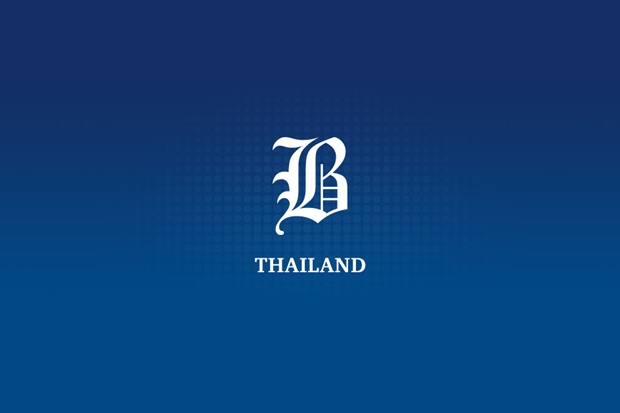
Critics at a forum yesterday took aim at populist policies touted by political parties ahead of the May 14 general election, saying they could plunge the country into further debt.
The issue was raised at the forum co-organised by the Third Council Speaks and the Relatives’ Committee of May 1992 Heroes, which had panellists including Adul Kiewboribun, head of the relatives’ committee, Preeda Tiasuwan, head of the Social Venture Network Asia (Thailand), and Banyong Pongpanich, chairman of the executive committee of Kiatnakin Phatra Bank.
Mr Adul said that appropriate populist policies should be designed to yield sustainable results for future generations and create activities to help boost the economy rather than only handing out money to people who will use it up in the short term.
Political parties have only provided scant details of their populist policies and have failed to specify how the cash handouts will benefit the country, he said.
“Parties’ populist policies do not make enough substantial and constant contributions to development,” Mr Adul said.
Mr Preeda said that populist policies require huge sums of money, and if the government lacks financial discipline and takes loans to finance these policies, they could plunge the country into severe debt, he said.
He said some policy pledges, including the controversial 10,000-baht digital wallet policy touted by the Pheu Thai Party, could lead to people squandering the money.
A decent type of populist policy is a monthly allowance for the elderly, he said before explaining that some may see the monthly allowance as unproductive, but in terms of social value, this is a gesture of gratitude and a morale booster for retired people who once contributed to society.
Mr Banyong said populist policies must be implemented efficiently to ensure sustainability and proper income distribution.
At the same time, its cost-effectiveness and the source of funds must also be taken into account, he said.
Mr Banyong also said he did not believe the 10,000-baht digital money policy would help jump-start the economy and enable authorities to collect 300 billion baht in taxes, as claimed by Pheu Thai.

